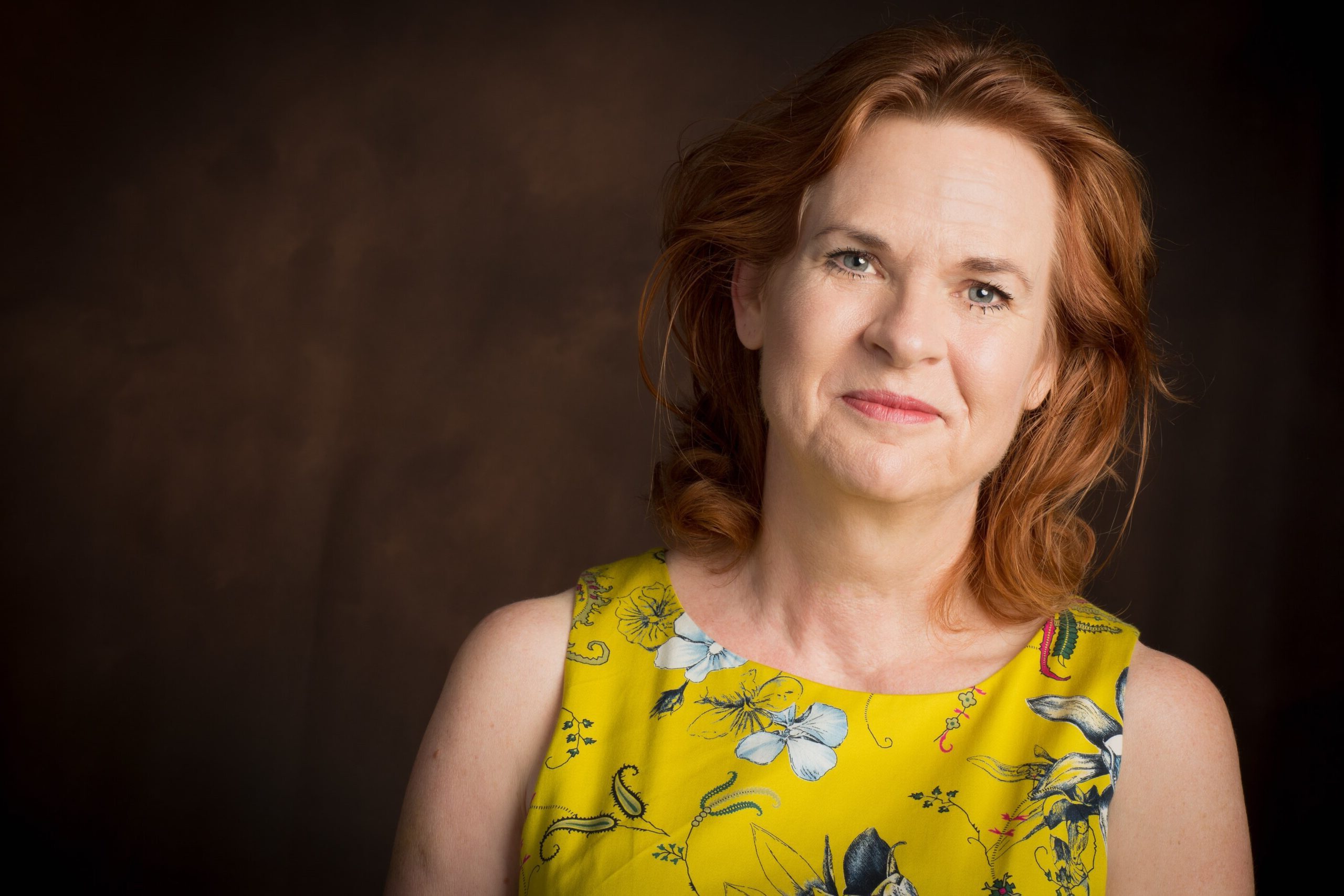“Much of what we call emotion is nothing more or less
than a certain kind – a biased, prejudiced, or strongly evaluative – kind of thought.”
Albert Ellis.
Albert Ellis was an American psychologist and academic who in the 1960s proposed there are twelve [12] irrational beliefs that are the primary cause of most human suffering and dysfunction. Ellis used the term ‘irrational’ to describe those beliefs that are unhelpful, unreasonable, and inconsistent with our social reality. ‘Rational’ beliefs are those beliefs that are helpful, plausible, and consistent with our social reality.
Ellis said human beings cause a lot of personal misery through the negative beliefs they hold, and reinforce, through distorted thinking patterns. Our beliefs about life’s adversities set us up for whether we can effectively manage these difficult consequences.
Irrational thinking tendencies are characterised by four [4] patterns:
- demands,
- catastrophising,
- low tolerance to frustration, and
- conditional acceptance of oneself, others, and our circumstances.
“There are three musts that hold us back: I must do well.
You must treat me well. The world must be easy.”
Albert Ellis.
We can have healthy emotional responses to events, which will lead us to achieving more of our goals in life, by practicing more rational thinking patterns, understanding that we:
- can have preferences, but have limited influence and control
- can have predictable problems, and we could see these as growth opportunities
- need skills in emotional regulation to solve problems, and
- need unconditional acceptance of oneself, and others, to meet life’s challenges.
Ellis’ 12 Irrational & Rational Beliefs
Would you like to think more clearly and creatively? Would you like to deal with difficult circumstances more productively, with less anguish?
Below is the list of Ellis’ 12 irrational beliefs and 12 more rational alternatives (in bold) for you to explore your irrational tendencies in more detail.
Read through this list and identify the 2-3 most familiar irrational thoughts that are negatively impacting your wellbeing, and most probably the wellbeing of others around you.
Then consider the rational alternative as a new thought exercise – and start rehearsing more flexible thinking and more manageable emotional responses to life’s difficulties.
1. I must find love or approval from every significant person in my community – and I must avoid disapproval from any source.
I can concentrate on my own self-respect, on winning approval for practical purposes, and on loving rather than on being loved.
2. To be worthwhile I should achieve, succeed, be thoroughly competent at whatever I do – and make no mistakes.
I am imperfect human, with limitations and specific fallibilities. I prefer to do well and accept the discomfort of not achieving perfection.
3. People should always do the right thing. Certain people are bad. When they behave unfairly, selfishly or objectionably they should be blamed and punished.
All humans deserve respect. People sometimes behave stupidly, ignorantly or antisocially, they would be better helped to change.
4. It is awful and catastrophic when things are not the way I would want them to be.
I can gracefully accept this difficult situation.
5. My unhappiness is caused by things outside of my control. I have little or no ability to control my disappointments and burdens.
My happiness is determined by my choices in each situation I encounter. I accept life problems as opportunities to grow, change and learn.
6. I should worry about possible danger, unpleasant or frightening things, otherwise they might happen.
I can face difficult, sad and disturbing situations. I focus on evaluating possibilities and accepting the limits of my actions.
7. It is easier to avoid – than to face – life’s disappointments, difficulties and responsibilities.
I gain pride and satisfaction facing and solving tough problems. The so-called easy way is usually much harder in the long run.
8. I need someone stronger, smarter or better than me to depend and rely on.
I can accept the risks of thinking and acting independently, and value support from others when needed.
9. Events in the past are the cause of my current problems and will forever affect my behaviour and emotions.
I learn from my past experiences and not be overly attached to prior difficulties.
10. I should be upset when other people have problems and focus on their sadness and other difficult emotions.
I can strive to be empathic. I can set reasonable limits on the support and assistance I offer others.
11. I can’t stand uncomfortable or painful emotions and must avoid these at all costs.
I have real control over how I handle my difficult emotions.
12. There must be a right, perfect solution to my problems and I can’t tolerate it when this doesn’t happen.
The world is full of uncertainty and chance and that I can still enjoy how life evolves.
“Too many people are unaware that it is not outer events or circumstances
that will create happiness; rather, it is our perception of events and of ourselves
that will create, or uncreate, positive emotions.”
Albert Ellis and Catherine MacLaren, ‘Rational Emotive Behavior Therapy’, 2005.


